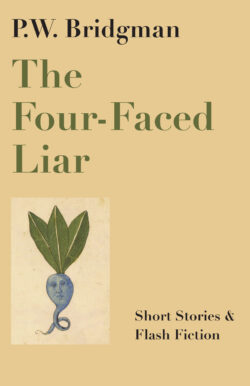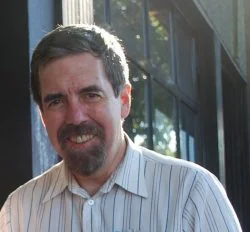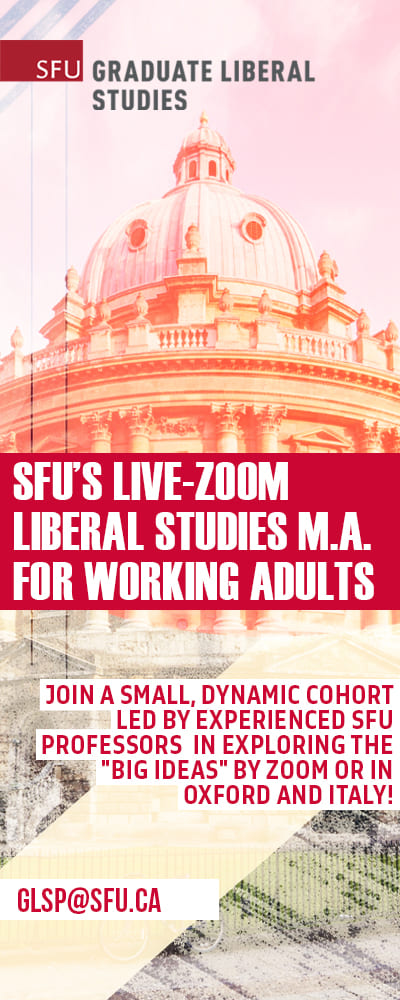1158 Beckon the distant and strange
The Four-Faced Liar: Short Stories and Flash Fiction
by P.W. Bridgman
Victoria: Ekstasis Editions, 2021
$25.95 / 9781771714143
Reviewed by Sheldon Goldfarb
*
 Sometimes you read a story and say, Wait, that’s my story: how did the author know about that? The $900,000 windfall, the Vancouver house-buying, the wandering spouse. Has he been spying on me and collecting information? Not to mention the young boy pining after a girl and writing her a poem or the even younger boy helping his mother … Well, perhaps these are common things (though the $900,000?).
Sometimes you read a story and say, Wait, that’s my story: how did the author know about that? The $900,000 windfall, the Vancouver house-buying, the wandering spouse. Has he been spying on me and collecting information? Not to mention the young boy pining after a girl and writing her a poem or the even younger boy helping his mother … Well, perhaps these are common things (though the $900,000?).
In any case, these are elements to be found in P.W. Bridgman’s latest collection of short fiction, but the most interesting elements are nothing like these, but the ones to be found in the longest story in the book, “But No, Nothing,” about a Catholic mother grieving the loss of a child in Northern Ireland and the Catholic priest who is unable to comfort her, who feels vaguely guilty, and who sets out to discover what has happened to her missing son.

For a moment “But No, Nothing” seems to be turning into a murder mystery, and is quite gripping, and the evocation of the shabby environment of the priest and of the priests’ retirement home that he goes to as part of his investigation, what with its urine smells and buzzing fluorescent lights, seems like something out of Brian Moore or Graham Greene.
Unfortunately, the story takes a wrong turn at the end, into the bleak cleverness of O. Henry, but still there is much that holds you in the first three-quarters.
There’s a lot of bleakness in this book. Not for nothing does the protagonist in the opening story bear the middle name Stearns, after T.S. Eliot. And there is cleverness too, parody and satire, at targets that are almost too easy, hipster salesmen and annoying automatic answering systems (“Your call is important to us,” and so on). Or there is anger at the evil boss in “Smothered Mate” and at the wife and her realtor in “Win, Win.” Cleverness here too, at least in “Smothered Mate,” with its undetermined ending out of Turn of the Screw: the reader ends up thinking, Oh, come on, tell us.

Mostly the collection focuses on suffering men, young or old, dealing with the problems of age or simply the perplexities of life, but then there is the quite different “But No, Nothing,” with its focus on mother and priest, and its bringing to life of a different world that is yet reminiscent. Strange that it’s the distant and strange that can beckon so strongly. There are no real bad guys in this story; there is nuanced portrayal of characters who come to life in an individuality that can lead to a stronger connection than the surface connection to buying a Vancouver house.
The opening line of the first story, “The Colours of Love and Loss,” is quite haunting: “I have at last completed my graduate studies …” One expects Dostoevsky’s Underground Man to suddenly erupt and tell us what his graduate studies have led him to – but instead we jump backward into the past, presenting backstory and almost forgetting where the completion declared at the beginning might be leading to. Graham Greene once told a story about being stuck on a balcony with his protagonist at the beginning of a story, not sure which way to go with him. One wishes in this case the author had found a different way. In the Northern Ireland setting he seemed to find it; maybe it is easiest to dig deep when you get away from the everyday surrounding you, away from the details of your own life, plunging into something entirely different, like the lives of the mother and the priest, the priest who is bothered by ticking clocks and dripping taps, and who ends up … well, we don’t know where he ends up: it would have been good to find out.
*

Sheldon Goldfarb is the author of The Hundred-Year Trek: A History of Student Life at UBC (Heritage House, 2017), reviewed here by Herbert Rosengarten. He has been the archivist for the UBC student society (the AMS) for more than twenty years and has also written a murder mystery and two academic books on the Victorian author William Makepeace Thackeray. His murder mystery, Remember, Remember (Bristol: UKA Press), was nominated for an Arthur Ellis crime writing award in 2005. His latest book, Sherlockian Musings: Thoughts on the Sherlock Holmes Stories (London: MX Publishing, 2019), was reviewed here by Patrick McDonagh. Originally from Montreal, Sheldon has a history degree from McGill University, a master’s degree in English from the University of Manitoba, and two degrees from the University of British Columbia: a PhD in English and a master’s degree in archival studies. Editor’s note: Sheldon Goldfarb has reviewed frequently for The Ormsby Review, most recently books by George Bowering, Jaime Smith, Jesse Donaldson, Norman Ravvin, George L. Pál, Nicholas Bradley, Sherrill Grace, Philip Resnick, and Miriam Nichols.
*
The Ormsby Review. More Books. More Reviews. More Often.
Publisher and Editor: Richard Mackie
The Ormsby Review is a journal service for in-depth coverage of B.C. books and authors. The Advisory Board consists of Jean Barman, Wade Davis, Robin Fisher, Cole Harris, Hugh Johnston, Patricia Roy, Maria Tippett, and Graeme Wynn. Scholarly Patron: SFU Graduate Liberal Studies. Honorary Patron: Yosef Wosk. Provincial Government Patron since September 2018: Creative BC
“Only connect.” – E.M. Forster































4 comments on “1158 Beckon the distant and strange”